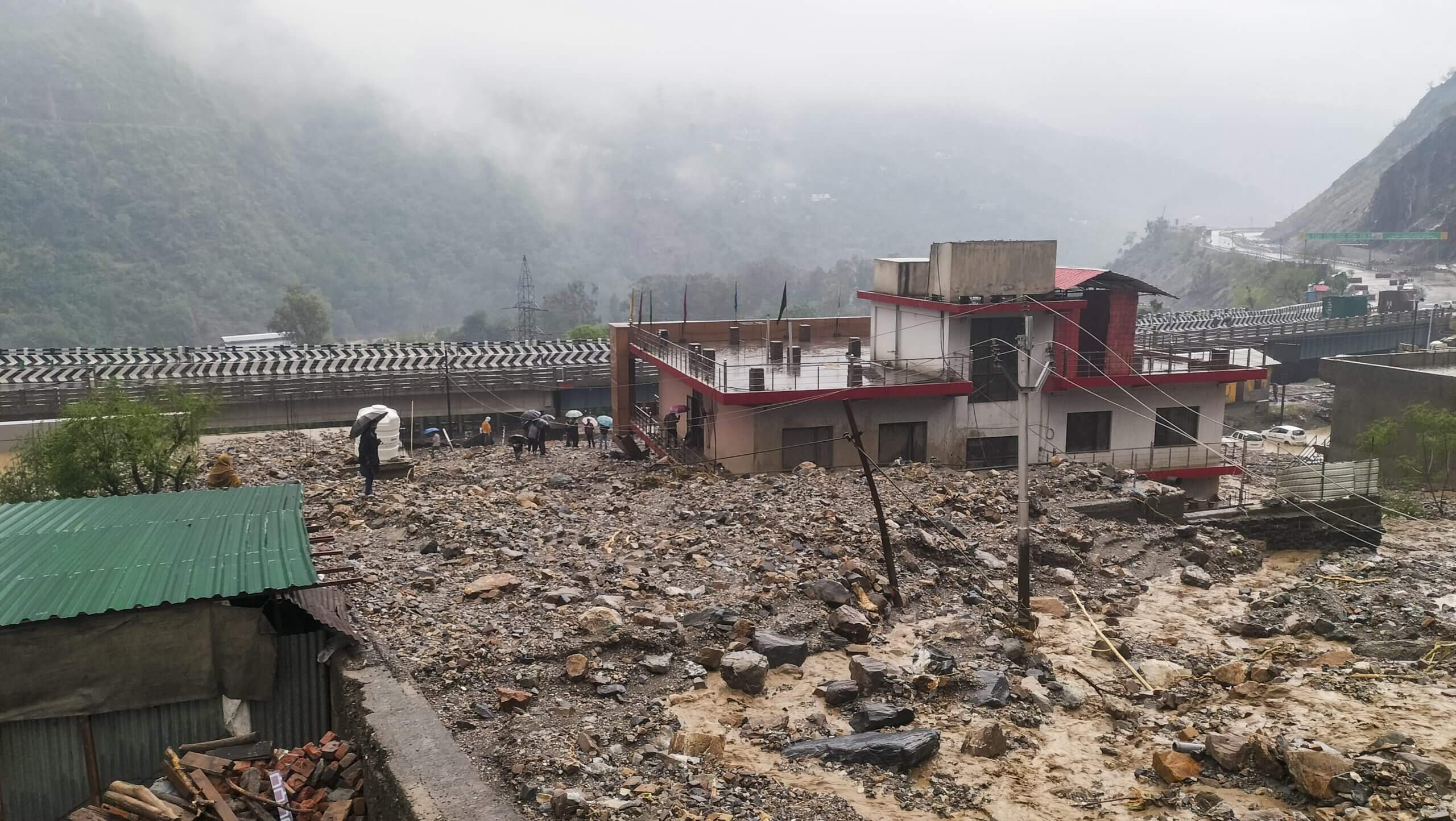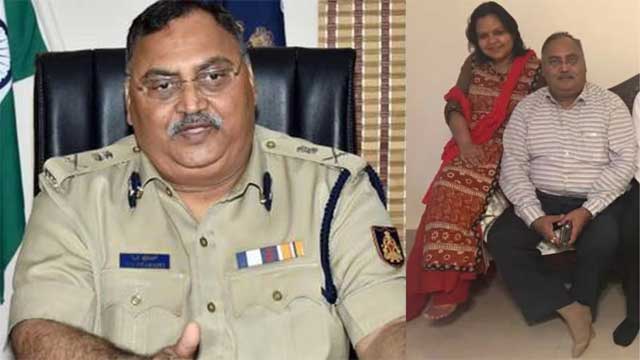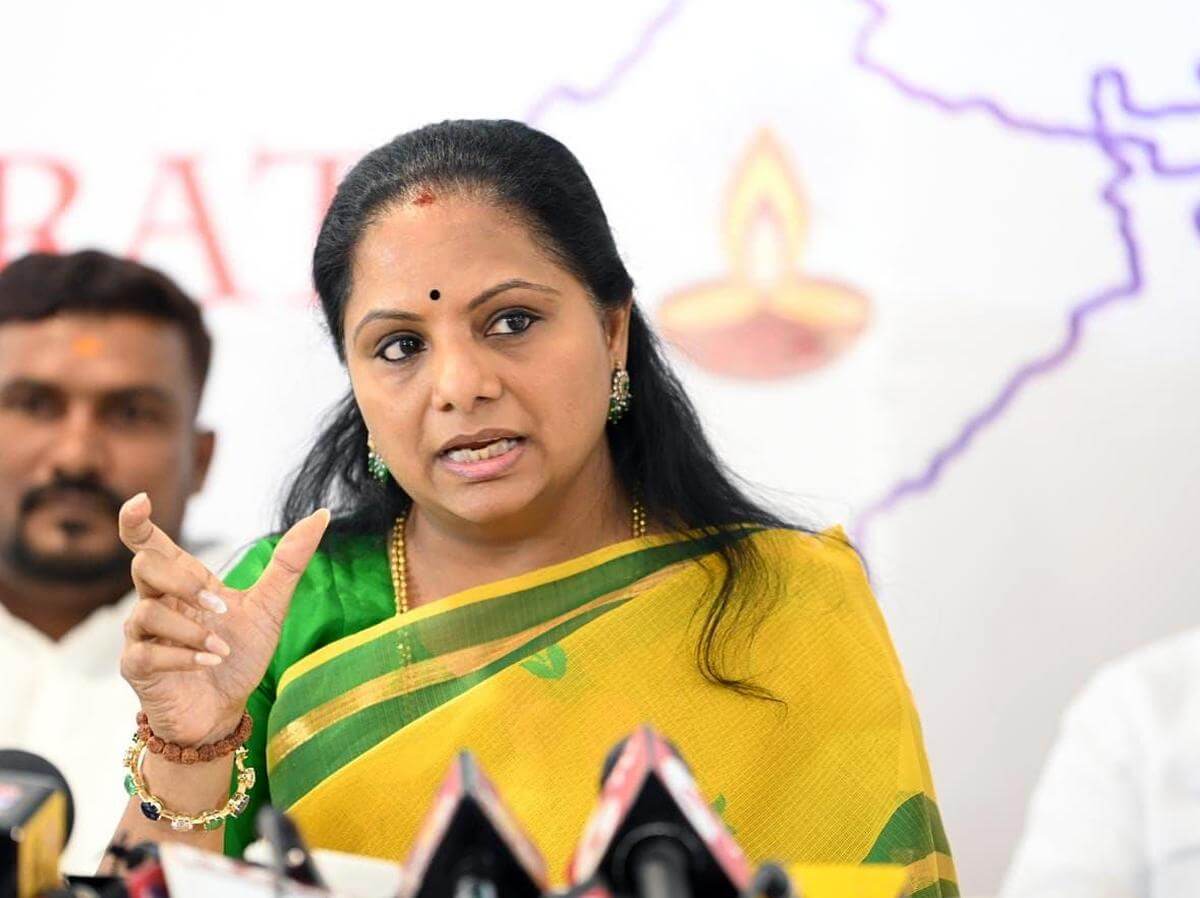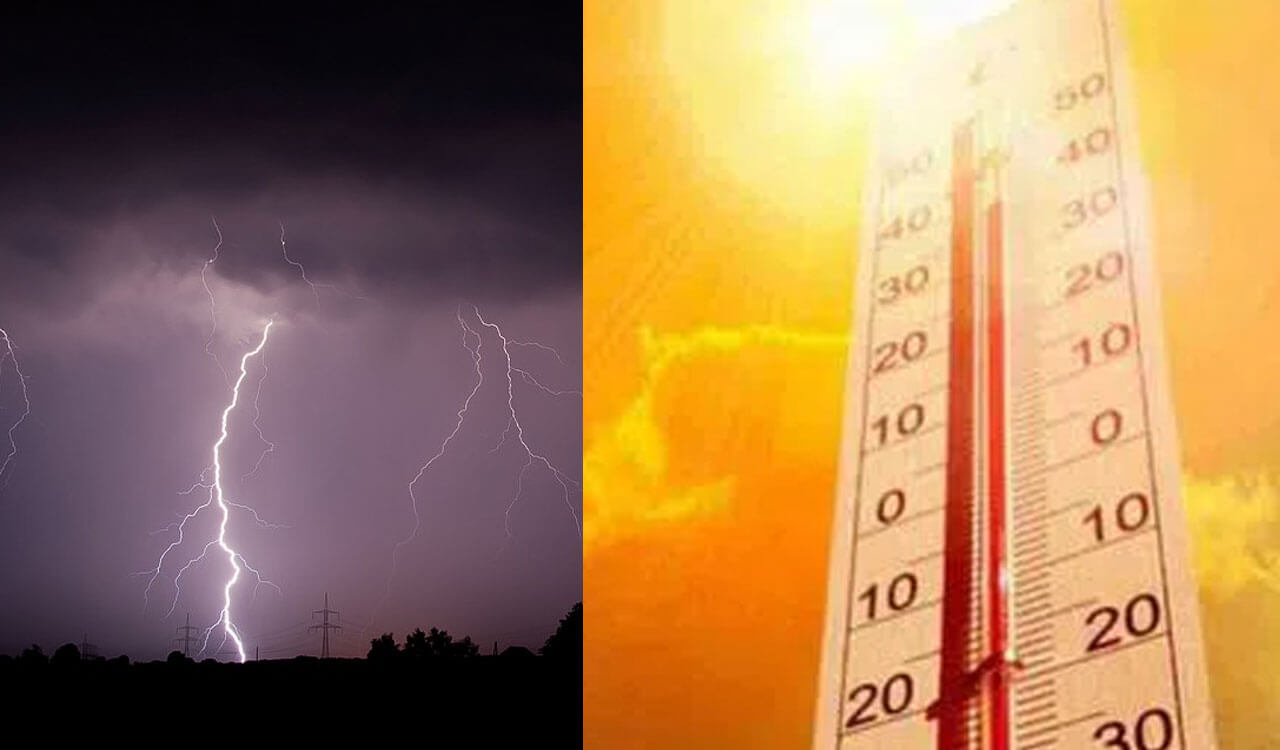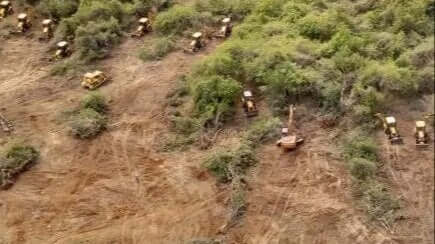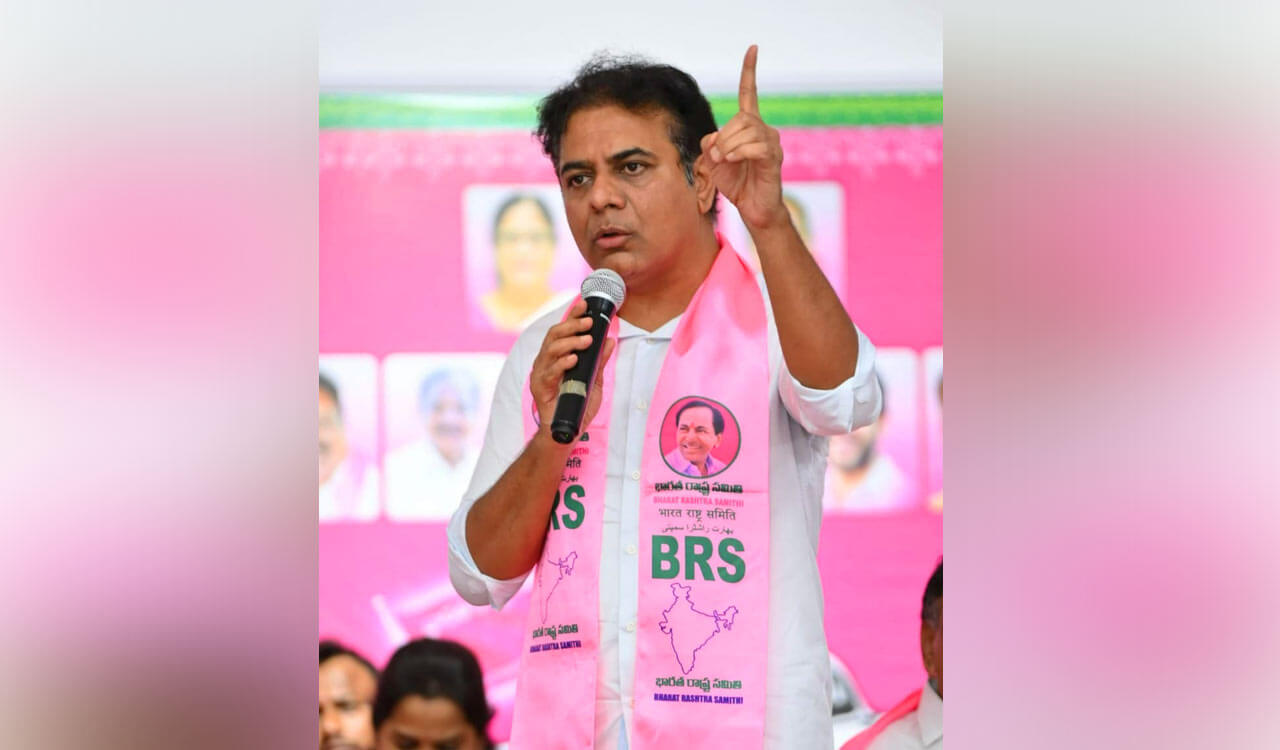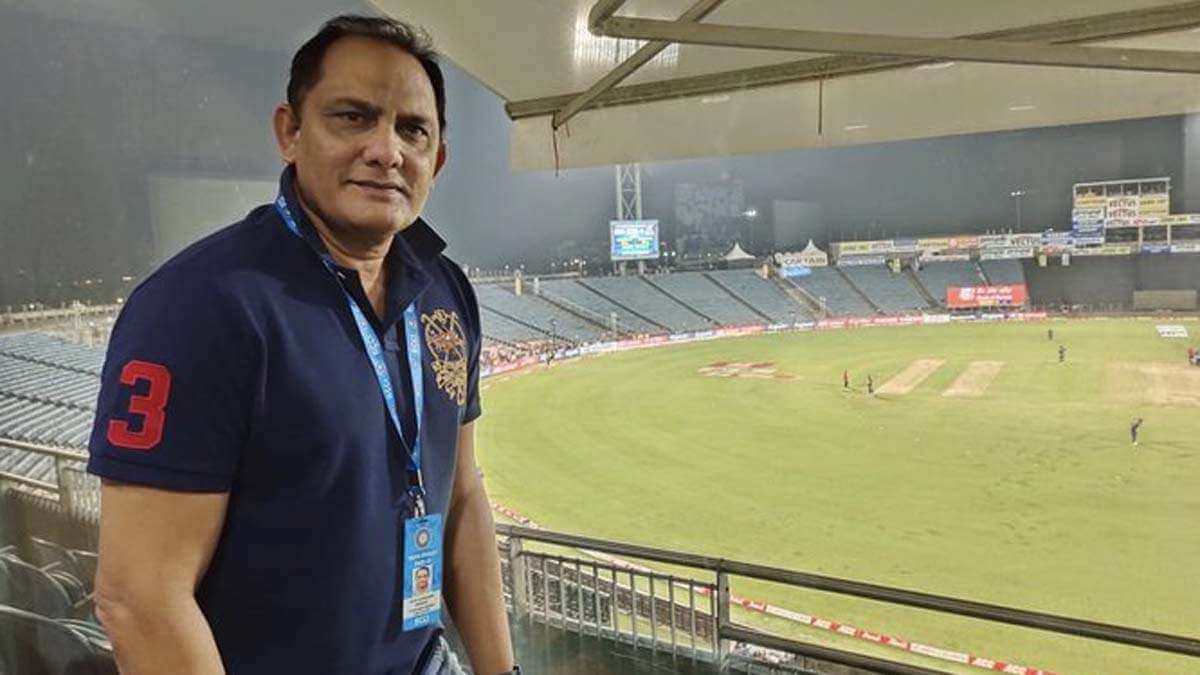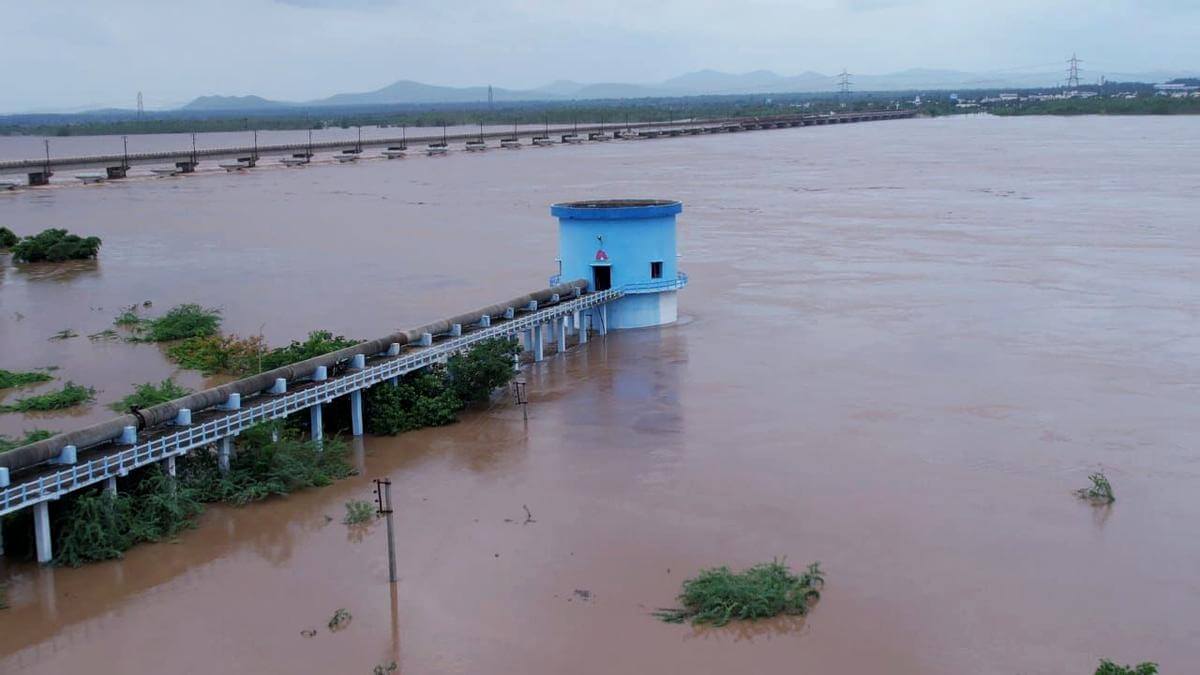UN Security Council finally losing patience with Myanmar
Fri 29 Sep 2017, 12:33:44
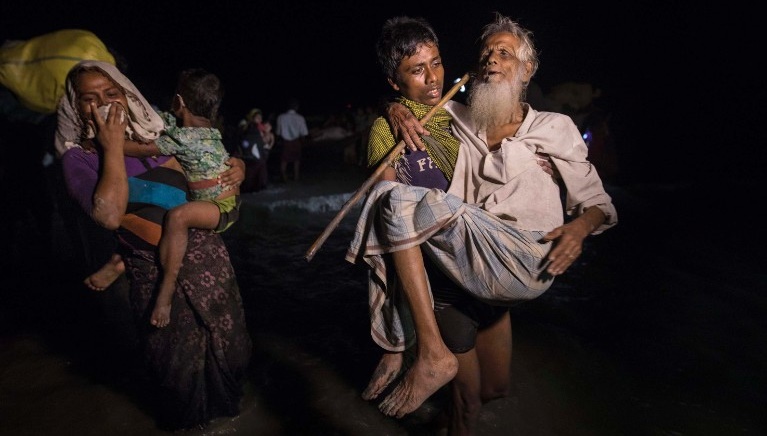
United Nations: In the past four weeks over half a million Rohingya Muslims have been forced to flee Myanmar to escape an orchestrated campaign of violence described by the UN as "ethnic cleansing."
But it wasn't until Thursday that the UN Security Council held its first public meeting on the situation in more than eight years.
UN Secretary-General Antonio Guterres told the council that the current outbreak of violence has "spiraled into the world's fastest-developing refugee emergency, a humanitarian and human rights nightmare."
"We've received bone-chilling accounts from those who fled, mainly women, children and the elderly," he said.
At least 500,000 Rohingya have fled Myanmar since violence intensified in late August, bringing with them stories of widespread destruction and murder in their home province.
Their forced migration constitutes the quickest exodus from a single country since the Rwandan genocide in 1994.
Rohingya Muslims are considered to be among the world's most persecuted people. The predominantly Buddhist Myanmar considers them Bangladeshi, but Bangladesh says they're Burmese. As a result, they're effectively stateless.
On August 25, Rohingya militants killed 12 security officers in coordinated attacks on border posts, according to
Myanmar's state media. In response, the military intensified "clearance operations" against "terrorists," driving thousands of people from their homes.
Myanmar's state media. In response, the military intensified "clearance operations" against "terrorists," driving thousands of people from their homes.
The security council meeting came as 15 Rohingya, including nine children, drowned after their boat sunk while trying to escape Myanmar to Bangladesh across the Bay of Bengal.
US ambassador to the United Nations told the Security Council Thursday Myanmar's actions in Rakhine State appeared to be ethnic cleansing, an allegation UN human rights chief Zeid Raad al-Hussein first made weeks ago.
The government of Myanmar has repeatedly denied this, claiming security forces are carrying out counter attacks against "brutal acts of terrorism."
In a statement, the country's foreign ministry claimed that security forces are taking "full measures to avoid collateral damage and the harming of innocent civilians."
Visiting Myanmar National Security Advisor U Thaung Tun blamed terrorism, not religious persecution, for the unfolding crisis. He said there is "no ethnic cleansing or genocide" in Myanmar, adding that those charges should not be lobbed lightly.
Despite the harsh words no formal action was taken after the session. Ambassadors said they felt that the 15-member council sent a strong message to Myanmar.
No Comments For This Post, Be first to write a Comment.
Most viewed from International
Most viewed from World
AIMIM News
Latest Urdu News
Most Viewed
May 26, 2020
Do you think Canada-India relations will improve under New PM Mark Carney?
Latest Videos View All
Like Us
Home
About Us
Advertise With Us
All Polls
Epaper Archives
Privacy Policy
Contact Us
Download Etemaad App
© 2025 Etemaad Daily News, All Rights Reserved.



.jpg)






.jpg)
.jpg)

